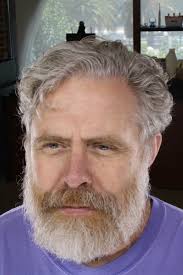George M. Church [1954-0] American    
Rank: 101
Scientist, Geneticist
George McDonald Church is an American geneticist, molecular engineer, and chemist. As of 2015, he is Robert Winthrop Professor of Genetics at Harvard Medical School and Professor of Health Sciences and Technology at Harvard and MIT, and was a founding member of the Wyss Institute for Biologically Inspired Engineering at Harvard. Computers, Age, Medical, Sympathy |  |